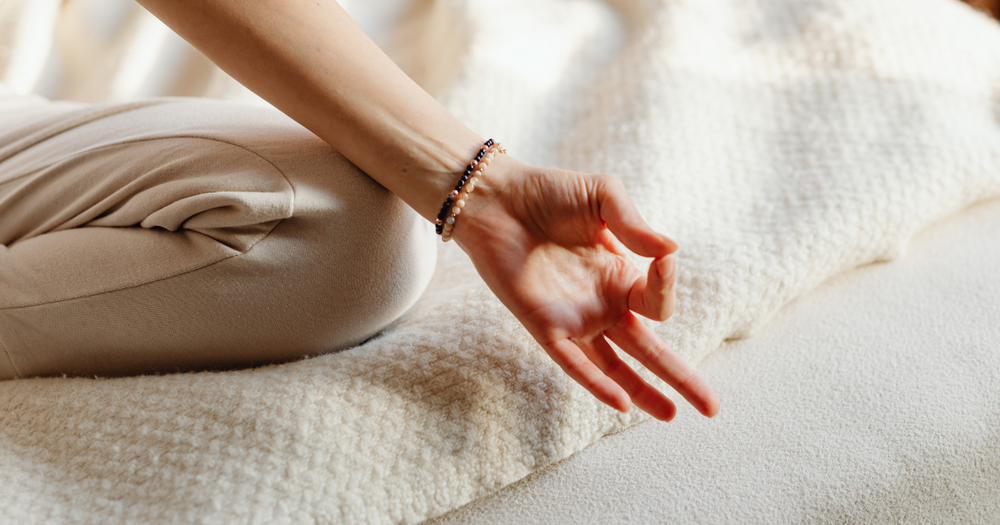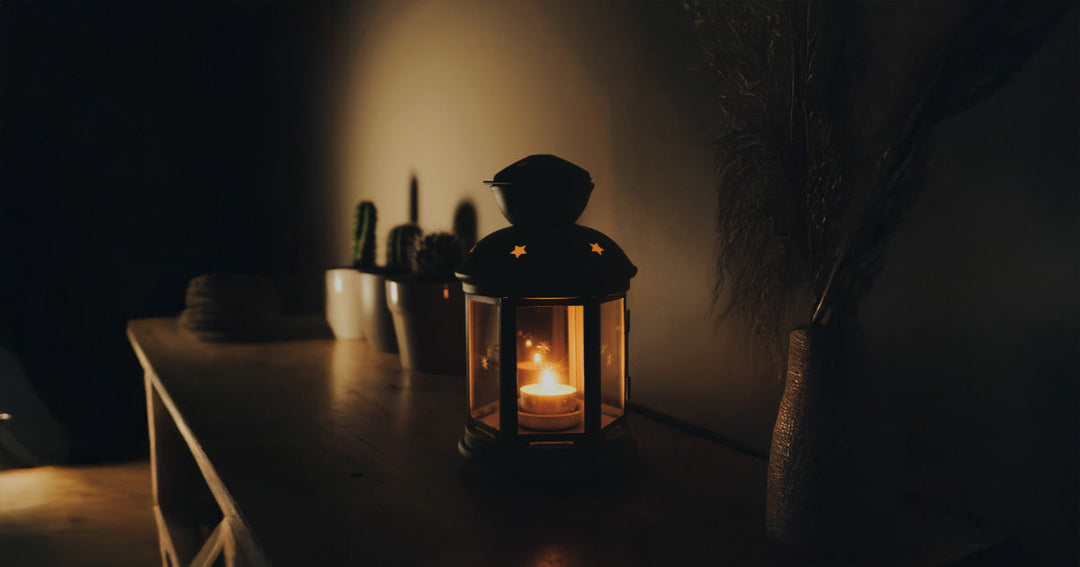How to Power Down and Sleep Easier

Tossing and turning. Your mind whirring. Did you lock the back door? Have you prepared lunches for tomorrow? Mustn’t forget that meeting…
Most of us lead busy and full lives. There’s a lot to be said for not taking life for granted, but sometimes we head too far in the other direction. Some people are blessed with the ability to fall into bed and go to sleep within moments. But if you are not among them, what can you do to try and join that envious group?
Here are some tips I hope will help:
Turn off devices
How many of us are guilty of this, I wonder? It’s well known that smartphones, tablets, and other blue light-emitting gadgets can interfere with sleep. Some people don’t seem affected by this, but if you’re struggling to power down and drift into a peaceful sleep, try leaving them outside the bedroom instead of at your bedside.
When it comes to devices, you might want to hide your alarm clock, too. There is nothing worse than staring at the time, knowing you have less time than ever to sleep before you need to get up again. By hiding it, you’ll have one less distraction to focus on.
Make sure you wind down before you go to bed
Your bedroom should be a haven, a comfort, and somewhere you can rest and sleep. Don’t go to bed if you’re stressed or agitated. Taking those feelings into bed with you makes it almost impossible to sleep.
If you struggle to relax, try this. Get comfy in bed, turn off the light, and close your eyes. Now, imagine every part of your body gradually relaxing. Start from the top of your head and work your way down. Focus on each finger, each hand, and each separate body part as you go. Really focus on it. It’s almost impossible to think about anything else as you do this, and as you go, you’ll notice you are becoming more relaxed. Many people find they nod off before they get to the end.
Make sure the bedroom is comfortable and inviting
There’s nothing like tumbling into a bed with puffed-up pillows – one that has been made first thing in the morning, so it looks inviting again in the evening. Use the right duvet for the time of year, too, so you’re not too warm or too cold.
The same applies to the bedroom itself. Stepping into a comfortable room will help you relax and feel cocooned. It should also be dark. If there is one thing I find annoying, it’s light flooding in at night if I am staying somewhere with street lights right outside. If you’re at home, invest in some blackout curtains or blinds to solve the problem.
If you really can't sleep, get up!
Most experts agree you should get up if you haven’t nodded off within 20 minutes of settling down. This might sound counterproductive, but in the long term, it could work for you. You want your bedroom to be a place to rest, relax, and sleep. If you’re tossing and turning, you’ll begin to associate your bed with frustration and annoyance. That’s the last thing you want.
So, try getting up and going into another room to read for a while. Keep the light as dim as you can, and avoid TV or any of your devices! Some light reading can help but just be sure you don’t read anything that is going to stir up negative emotions for you. You could also try some warm milk (avoid caffeine). As soon as you start feeling tired, go back to bed.
Try some gentle yoga or meditation before bed
It’s common to sleep better if you’ve had some exercise during the day. Yet it’s not usually a good idea to exercise shortly before bed – not unless you have adequate time to wind down afterwards.
However, some gentle yoga stretching or meditation are ideal for helping you relax and calm your mind. If it helps, try a meditation programme – there are lots available, including some that work as apps. Just be sure you don’t get pulled into using your phone once you’re done. Take a look at our collection of natural meditation candles, each one created to evoke feelings of Love, Gratitude, Trust or Peace.
Find you weak spot
It’s worth mentioning we all have weaknesses when it comes to sleeping. Yours might be to eat just before you go to bed. It might be that you don’t take time to wind down before going to bed. Maybe you always take your iPad to bed with you, and then struggle to doze off.
By finding your weak spot, you can resolve it and increase your chances of properly winding down before you go to sleep. By following the above tips, you should find you sleep better throughout the night, too. In doing so, you’ll feel much better when you wake in the morning.

AUTHOR: LEANNA DOOLIN

Co – Founder of holistic skincare brand, Pure Thoughts and advocate for women finding pause in their day to breathe deeply, give thanks and reconnect to what matters. Loves early mornings, dogs and books that you can’t put down.






Leave a comment